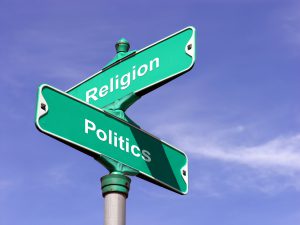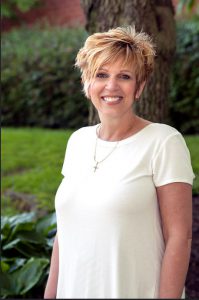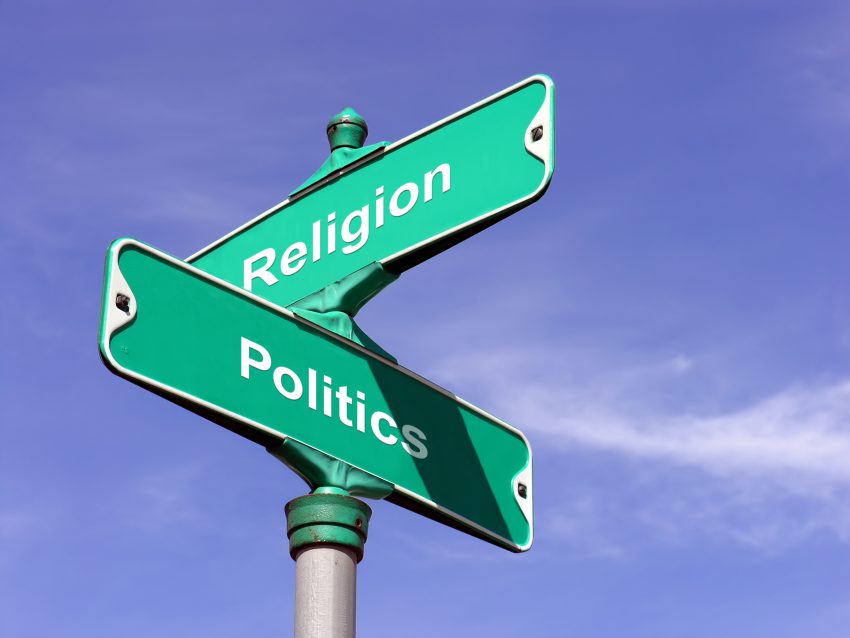My administrative assistant is from Ohio. She is a Bengals fan. During football season, we are not friends unless the Steelers are winning, of course.
There are good-natured differences, and then there’s today’s political climate. The temperature is too hot to ignore. Avoiding these topics altogether can undermine the church’s role in addressing the moral and ethical issues of our time. What do you preach when your congregation is divided? How do you create an environment that welcomes all? How do you preach the Word?
Preaching politics in a divided congregation requires both courage and compassion. We must be willing to address difficult issues without alienating those who hold different views. This requires careful discernment, deep prayer, and a commitment to pastoral care. By staying grounded in the Gospel, focusing on shared values, and fostering dialogue, pastors can guide their congregations through the challenges of division while encouraging a deeper commitment to justice, mercy, and Christian love.
Staying Grounded in the Gospel
 Rather than addressing a politically charged issue like immigration policy in strictly political terms, pastors can focus on the biblical call to welcome the stranger (Matthew 25:35) and care for the foreigner (Leviticus 19:34). By rooting the conversation in Scripture and in shared Christian ethics, the discussion can shift from partisan politics to a deeper reflection on how to live out Christ’s command to love and serve others. A sermon on racial justice could emphasize the biblical themes of reconciliation, love of neighbor, and the call to justice for the oppressed. It’s easy to be swept up in the political rhetoric of the day, but the pulpit is not the place for partisan endorsements or political advocacy; rather, it’s a platform to proclaim the good news of Jesus Christ and the radical love and justice to which he calls his followers.
Rather than addressing a politically charged issue like immigration policy in strictly political terms, pastors can focus on the biblical call to welcome the stranger (Matthew 25:35) and care for the foreigner (Leviticus 19:34). By rooting the conversation in Scripture and in shared Christian ethics, the discussion can shift from partisan politics to a deeper reflection on how to live out Christ’s command to love and serve others. A sermon on racial justice could emphasize the biblical themes of reconciliation, love of neighbor, and the call to justice for the oppressed. It’s easy to be swept up in the political rhetoric of the day, but the pulpit is not the place for partisan endorsements or political advocacy; rather, it’s a platform to proclaim the good news of Jesus Christ and the radical love and justice to which he calls his followers.
Focusing on Shared Values
When preaching in a divided congregation, starting from a place of empathy and understanding can help congregants feel heard, even if they disagree with the message being delivered. It’s helpful to emphasize the shared values that unite the congregation rather than the political issues that divide them. Regardless of political affiliations, most Christians agree on fundamental Gospel principles: love of neighbor, care for the vulnerable, justice, and mercy. Framing political issues through these shared values can help transcend partisan divides.
Fostering Dialogue
 Another key to navigating political divisions is fostering healthy dialogue within the congregation. Preaching alone won’t resolve the tensions, but it can open the door to conversations where people can engage with each other respectfully. Pastors can model this dialogue by acknowledging differing views in their sermons and encouraging congregants to seek understanding rather than judgment. Creating opportunities for church members to engage in respectful discussions outside of worship, such as small groups or forums, can further help the congregation explore difficult issues in a safe and loving environment. The goal is not to force agreement but to encourage mutual understanding and Christian fellowship despite differences.
Another key to navigating political divisions is fostering healthy dialogue within the congregation. Preaching alone won’t resolve the tensions, but it can open the door to conversations where people can engage with each other respectfully. Pastors can model this dialogue by acknowledging differing views in their sermons and encouraging congregants to seek understanding rather than judgment. Creating opportunities for church members to engage in respectful discussions outside of worship, such as small groups or forums, can further help the congregation explore difficult issues in a safe and loving environment. The goal is not to force agreement but to encourage mutual understanding and Christian fellowship despite differences.
Loving those who we disagree with during these divisive times can be overwhelming. Yet, the greater call is to extend grace. It is through this act of compassion we can hear each other more easily.
In the end, preaching politics is less about endorsing positions and more about calling people to live out their faith in the public square. It’s about helping congregations see the world through the lens of the Gospel and empowering them to be agents of reconciliation and justice in a divided world.
 The Rev. Dawn Lynn Check ’98 is pastor of Christ Community United Methodist Church, Butler, Pa. She is also co-owner of Check4Sound, Inc., which facilitates sports broadcasting for professional sporting events in Pittsburgh, including the Pittsburgh Pirates and the Pittsburgh Penguins. She holds a Bachelor of Arts in English Writing (University of Pittsburgh) and a Master of Divinity (Pittsburgh Theological Seminary).
The Rev. Dawn Lynn Check ’98 is pastor of Christ Community United Methodist Church, Butler, Pa. She is also co-owner of Check4Sound, Inc., which facilitates sports broadcasting for professional sporting events in Pittsburgh, including the Pittsburgh Pirates and the Pittsburgh Penguins. She holds a Bachelor of Arts in English Writing (University of Pittsburgh) and a Master of Divinity (Pittsburgh Theological Seminary).
Read Next



